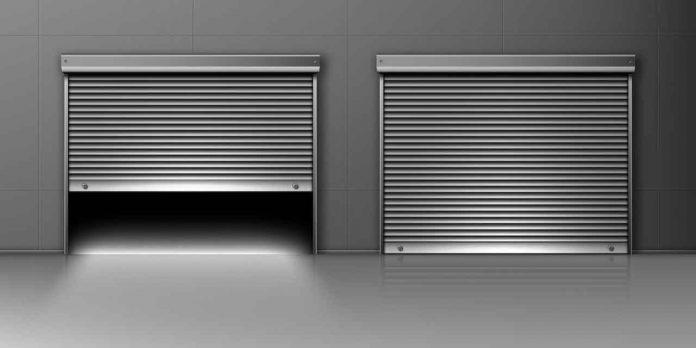If you have a garage attached to your home, you might be aware of how much energy can be lost through an uninsulated garage door. It’s a significant source of heat loss during winter, and it can allow hot air to seep inside during the summer months. If you’re looking for expert help with insulating your garage door, consider reaching out to a professional garage door repair company like Canadian Garage Door Repair Coquitlam. They can provide advice on the best insulation materials for your garage door and ensure that the insulation is properly installed. Insulating your garage door is a great way to help maintain your home’s energy efficiency and save on energy bills all year round. In this article, we’ll share some tips for insulating your garage door for all seasons.
Choose the Right Insulation Material
There are a variety of insulation materials that you can use to insulate your garage door. One of the most common materials used is polyurethane foam, which is known for its excellent insulation properties. It’s a dense foam that can be sprayed onto the garage door or installed in panels. Another popular insulation material is polystyrene foam, which is less dense but still offers good insulation. It can also be installed in panels or cut to fit the shape of your garage door.
Install Weatherstripping
Weatherstripping is an essential component of any garage door insulation project. It helps to seal gaps between the door and the frame, preventing air leaks that can cause energy loss. Weatherstripping can be made from a variety of materials, including rubber, vinyl, and foam. You can apply it to the bottom of the garage door and the sides, as well as around the frame.
Choose a Garage Door with Insulation
If you’re in the market for a new garage door, consider choosing one that comes with insulation already built-in. Many manufacturers offer garage doors with polyurethane foam insulation, which provides excellent energy efficiency. These doors are also typically quieter than non-insulated doors and can help to reduce noise pollution from the street.
Seal Any Cracks or Gaps
Before you start insulating your garage door, take a look around the garage for any cracks or gaps that need to be sealed. You can use caulking or weatherstripping to fill in these gaps, which can help to reduce energy loss and keep out pests and other unwanted critters.
Consider a Garage Door Insulation Kit
If you’re looking for a DIY solution, consider purchasing a garage door insulation kit. These kits typically include insulation panels that can be installed on the inside of the garage door. They’re easy to install and can be a cost-effective way to improve your home’s energy efficiency.
Pay Attention to R-Value
When selecting an insulation material for your garage door, pay attention to its R-value. The R-value measures the insulation’s effectiveness, with higher values indicating better insulation. It’s recommended to choose an insulation material with an R-value of at least R-10 for your garage door.
Insulate the Garage Walls and Ceiling
While insulating your garage door is essential, don’t forget to insulate the walls and ceiling as well. This can help to further reduce energy loss and improve the overall energy efficiency of your garage. Fiberglass insulation is a popular choice for insulating garage walls and ceilings.
Consider Adding a Garage Door Insulation Blanket
In addition to insulating the garage door itself, you can further improve its insulation by adding a garage door insulation blanket. These blankets are made of durable, weather-resistant materials and are designed to attach to the inside of the garage door. They’re easy to install and can provide an additional layer of insulation for your garage.
Maintain Your Garage Door
Regular maintenance of your garage door can help to ensure that it remains energy-efficient. This includes lubricating the moving parts, checking the weatherstripping for wear and tear, and inspecting the insulation for any signs of damage or wear.
Seek Professional Assistance
If you’re unsure about how to insulate your garage door or need help selecting the right insulation material, seek professional assistance. A garage door specialist or insulation contractor can help you choose the best insulation material for your garage door and provide expert installation services.
By using these tips, you can insulate your garage door for all seasons and make your home more energy efficient. Not only will this help you save on energy bills, but it will also make your garage a more comfortable space to work in or store your belongings.




